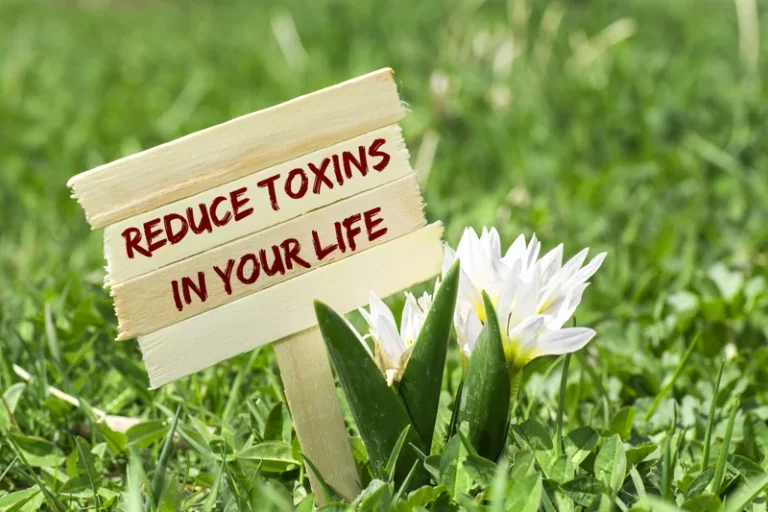
They also found—though less conclusively—that drunk people seemed less neurotic. But in the three other areas studied—conscientiousness, openness, and agreeableness—the observers didn’t notice any difference. Plenty of previous research has found marked changes to behavior when people are drunk, with alterations like an increase in extraversion, and more risk-taking, particularly marked. But many of those studies were based on after-the-fact reporting by subjects or people who knew them. Understanding the differences between sober and drunk states is crucial to comprehend the effects of alcohol on an individual’s overall well-being.
Reach Out Today for Advice on Alcohol Abuse
- Being under the influence of alcohol in any capacity also affects our judgment and our ability to make decisions.
- Therapy is a great tool to help someone with substance use disorder unpack their shame in a healthy way.
- You can support someone getting sober without getting dragged down if you set healthy boundaries.
- When you drink, alcohol enters your bloodstream and affects your brain’s neurotransmitters.
Connection with others who understand your journey can provide encouragement, understanding, and a sense of belonging. Whether it’s through support groups, sober communities, or with the help of family and friends, nurturing these relationships offers a safety net during tough times. Both therapies offer strategies to manage negative emotions and behaviors more healthily. When you embark on the journey of recovery, identifying and understanding the persistent behaviors and attitudes of a dry drunk is crucial. These behaviors can subtly undermine your progress, making it vital to recognize and address them.

Question About Treatment
Set limits on your alcohol consumption, stay hydrated, eat before drinking, avoid binge drinking, and understand your tolerance level to make safer decisions about drinking. drunk feelings vs sober feelings Continued alcohol abuse can lead to alcohol addiction, leading to a constant state of drunkenness. This causes a fundamental change in behavioral standards and the formation of harmful habits. Alcohol affects short-term memory and the ability to create new memories. This is why drunk people find it difficult to recall events when they’re under the influence. In this state, the body and mind function within their normal parameters (except for someone with an illness that alters brain function).
Does Alcohol Make You Show Your True Feelings? The Answer Revealed
You won’t want to miss out on the chance to participate alongside fellow Reframers (or solo if that’s more your thing!). To understand how to calculate your BAC and the factors influencing it, refer to the Blood Alcohol Content (BAC) Calculator. This disruption can affect cognitive performance, leading to tiredness and reduced alertness the following day. Comparisons may contain inaccurate information about people, places, or facts.

Spending time with your loved one, especially on activities you both enjoy, may help them feel more positive and optimistic about life in general. Hobbies can also help create a distraction from thoughts of drinking. It’s not always easy to open up about alcohol use and recovery, especially to people who don’t have any experience with it, but it’s a crucial part of the process. Recovering from alcohol use disorder can be a long, tough process. When you choose to stop drinking, you’re taking a significant first step.
Support groups and recovery programs offer a sense of community and understanding that is often essential for long-term sobriety. Core emotional drivers such as trauma, stress, low self-esteem, and social isolation can fuel addictive behaviors. These are not always obvious and may require professional help to uncover and understand. Cognitive Behavioral Therapy (CBT) and Dialectical Behavior Therapy (DBT) are two evidence-based approaches that have been shown to be effective in dealing with these underlying issues. Integrated treatment involves treating both disorders at the same time. This can allow you to treat the symptoms of your mental health disorder without turning to alcohol or drugs.

Their movements are precise, their balance is fine, and their speech isn’t slurred. They process information more clearly, leading to more accurate decision-making. Substance use disorders can develop quickly, and many hope that they can dissipate just as quickly.

It’s best to have some kind of extra support during recovery, whether that’s a 12-step program or a regular appointment with a therapist who specializes in addiction counseling. Remember that addiction is a serious disease, and you’re doing the best you can. Try to nurture feelings of patience and self-love, especially on the days you feel those emotions the least. Keep in mind that these hobbies might not feel quite as enjoyable during the early stages of recovery. If some time goes by and you still feel the same way, you can always give a different coping technique a try or explore a new hobby. These behaviors and emotional concerns can strain your relationships and interactions with others, especially if alcohol use has already had a negative impact on your relationships.
